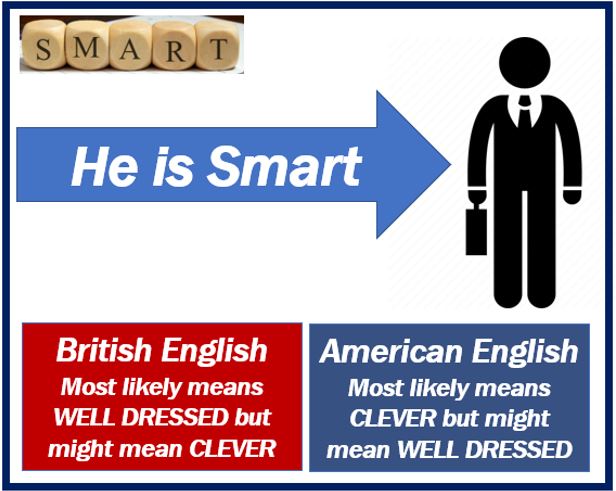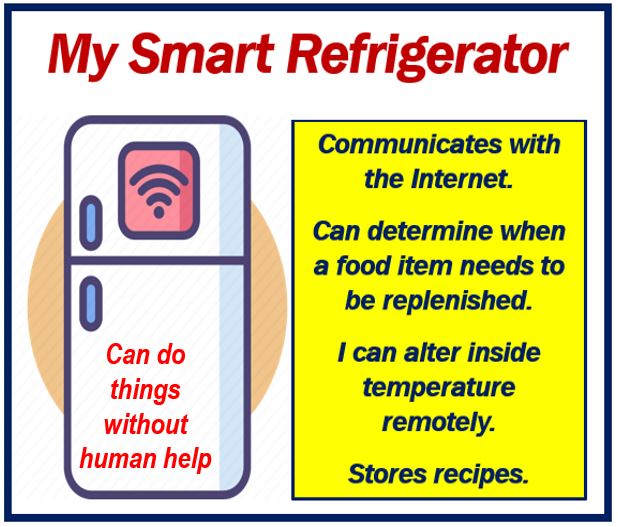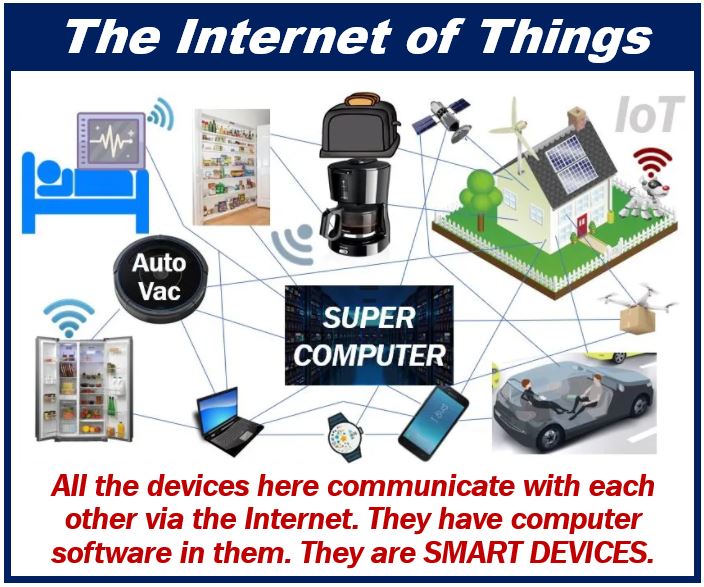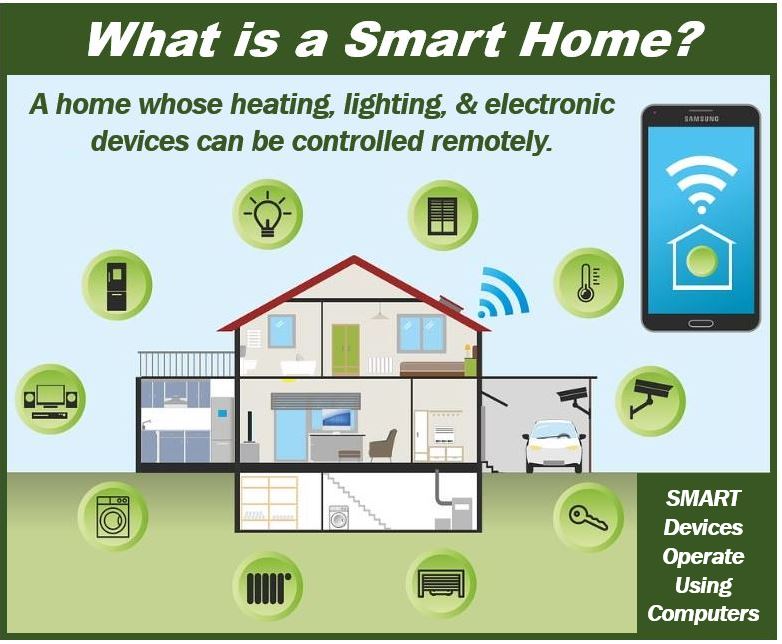What is smart? Definition and examples
The word smart has several different meanings, depending on where it is used, when, and its context. For example, in the US, if a person is smart it usually means they are clever.
In the UK, on the other hand, it usually means they are well dressed. Americans and Britons may use the term with the other meaning, but much less often.

Let’s look at some other meanings.
Smart devices

A smart device is an electronic piece of equipment that can connect, interact, and share data with other smart devices and its user. A smart device is ‘cleverer’ than its traditional counterpart.
For example, you can connect to the Internet, watch Netflix, send and receive e-mails with your smart TV. You cannot do all those things with a traditional TV.
Wikipedia has the following definition of smart device:
“A smart device is an electronic device, generally connected to other devices or networks via different wireless protocols such as Bluetooth, Zigbee, NFC, Wi-Fi, LiFi, 5G, etc., that can operate to some extent interactively and autonomously.”
Below is a list of some notable types of smart devices:
- Phablets
- Smart Air Purifiers
- Smart Doorbells
- Smart Fridges
- Smart Home Security Systems
- Smart Homes
- Smart Lights
- Smart Locks
- Smart Thermostats
- Smart Vacuums (Robot Vacuums)
- Smart Vehicles
- Smart Wearables
- Smartphones
- Tablets
- Virtual Assistants
Internet of Things

Smart devices are at the center of smart cities and the IoT (Internet of Things). The IoT is a system of interrelated devices, gadgets, machines, objects, humans, and even animals that communicate with each other. Your car will communicate directly with your house, which will communicate with hundreds of different devices at home and outside.
Smart home

Your smart home could have everything ready for you just when you need it. As in the story of Goldilocks and the three bears, your smart home would make sure that its inhabitants had everything ‘just right.’ Your fridge and pantry would have just the right amount of food, drinks, stocks etc. The smart climate control system would work when people were at home or about to arrive, and power down when they left.
Your home would clean itself, and perhaps call the police if it detected a trespasser. A sophisticated system may even be able to catch the burglars – holding when in a secure place until the cops arrived.
Smartphone

If you combine a cell phone with a computer you get a smartphone. Today, it is probably the most popular smart device in the world. It also functions as a satellite navigation device, media player, and camera. You can watch streaming movies and shows, send emails, power your lights, scan QR codes without an app, and surf the net (navigate the Internet).
Smartphones have operating systems that give them many of the features you can find in state-of-the art laptops.
Over three billion people globally have a smartphone, according to German data company Statista. In 2019, worldwide production exceeded 1.4 billion units.
To get smart with somebody

To get smart with somebody may mean to become cheeky or disrespectful. If I say to someone:
“Don’t get smart with me young man.”
I am telling him to show some respect.
If a friend gets into trouble for talking disrespectfully to their boss, I might say:
“I told you that your smart mouth would get you into trouble one day.”
Her eyes were smarting (verb)

As a verb, to smart means to hurt, usually with a sharp pain, like a sting.
If I say:
“His eyes were smarting from the smoke.”
It means that the person experienced a sharp, stinging sensation in his eyes.
We can also use the term abstractly. If I say:
“He smarted under their severe criticism,”
It means that the criticism wasn’t nice, it ‘hurt.’

